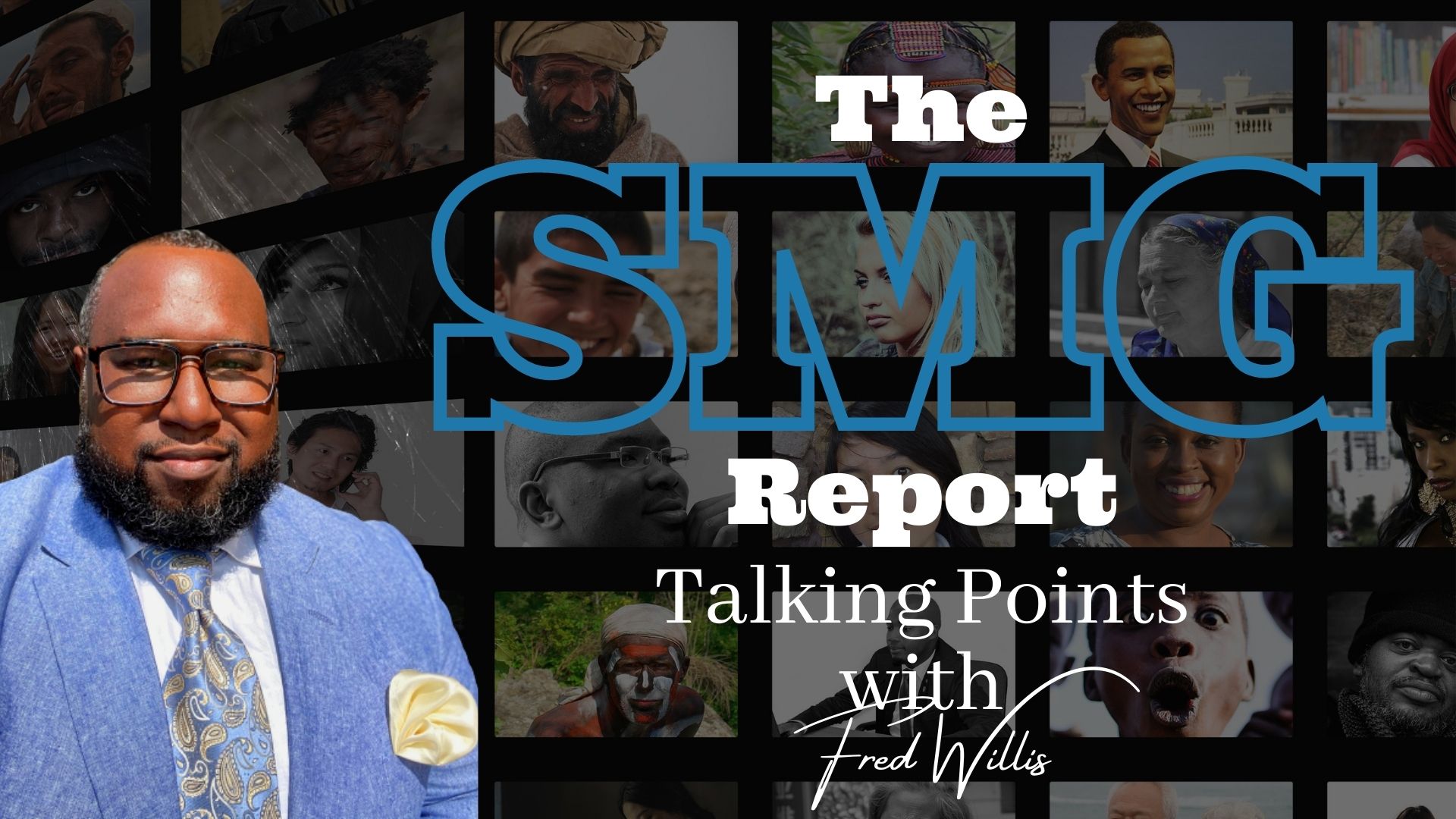
Has the gospel music industry abandoned its ‘roots’?

I’ve been wrestling with this for a few years and I want some of you in the music industry to try and help me out, here. Maybe this isn’t the forum and direct to whichever/wherever it happens to be…Roots Gospel music is banjos and fiddles?!? The Recording Academy created the Roots Gospel category to: “provide a category for traditional Southern gospel and other “roots” gospel albums as both a protector of the heritage of this music and an acknowledgement of the growing interest and support of these genres.”
The parameters for nomination consideration are straight forward which easily explains why black traditional gospel artists have almost never been considered:
For albums containing at least 51% playing time of newly recorded, vocal, traditional/roots gospel music, including country, Southern gospel, bluegrass, and Americana recordings.
The rub seems to be access to the music. If traditional black gospel music isn’t on the airwaves, most people don’t even know it’s available. But what about black quartets that travel and sell hard copies of their cd’s each weekend? Is it an accounting issue? Does the gospel community seem interested in helping artists thrive? Should artists expect more from GMWA and SAGMA or are they on their own?
Since its inception in 2015, past winners include: The Fairfield Four (a legendary black quartet), Joey + Rory and Reba McEntire. The gospel music community seems disinterested in the preservation of its roots in its quest to increase its foothold in the mainstream marketplace. Meanwhile, traditional artists not named Pastor Shirley Caesar or Bishop Rance Allen (two artists beloved artists) sometimes struggle to remain visible in this new industry. The sound of the church choir has also been replaced by smaller ensembles and “praise and worship” artists who sometimes change their sound and group composition in hopes of recording deals and radio airplay.
I’m not sure how the gospel community solves this problem. I can’t even guarantee that as a whole, the industry is concerned with engaging The Recording Academy about it or increasing awareness within the gospel community. In the meantime and for another year, the Roots Gospel Category is not reflective of its roots.
Read about gospel music’s roots in Bob Marovich’s “A City Called Heaven”
This year’s nominees in the Roots Gospel Category are:
• Unexpected
Jason Crabb
• Clear Skies
Ernie Haase & Signature Sound
• Favorites: Revisited By Request
The Isaacs
• Still Standing
The Martins
• Love Love Love
Gordon Mote
Exactly which ‘roots’ are we talking about, here?!? I mean because Thomas A. Dorsey was a blues musician before he changed his tune to what is now known as gospel so, I have three questions:
1) Why is roots gospel being defined as roots, Americana and Southern Gospel which are not a form of gospel music. Those genres closely resemble country music.
2) Why don’t we see any black quartet/traditional gospel groups in the category?
3) Are the Blind Boys of Alabama the only black gospel quartet the Academy considers in this category? What are we missing?
It needs to be said, the GRAMMY Awards and the Recording Academy are not the Stellar Awards or SAGMA. They have very different criteria, respectively. However, are we at an impasse when we seek to define what roots gospel music is? Apparently, Roots gospel music is not traditional gospel music or “Quartet” music.
Isn’t “Roots Gospel Music” the kind of music, Melvin Williams has been recording the last few years and two albums?!? He’s got a whole documentary about it. But the banjos and fiddles are at it again in the ROOTS Gospel Category. Don’t use the excuse about “it’s on the artist and their team.” It is, but this is where the gospel industry continuously comes up short! Another instance of suburban sprawl…while the industry went chasing a ‘mainstream’ sound and discounted a real connection with listeners in the church, we don’t even have consideration in the most basic category, AGAIN!


